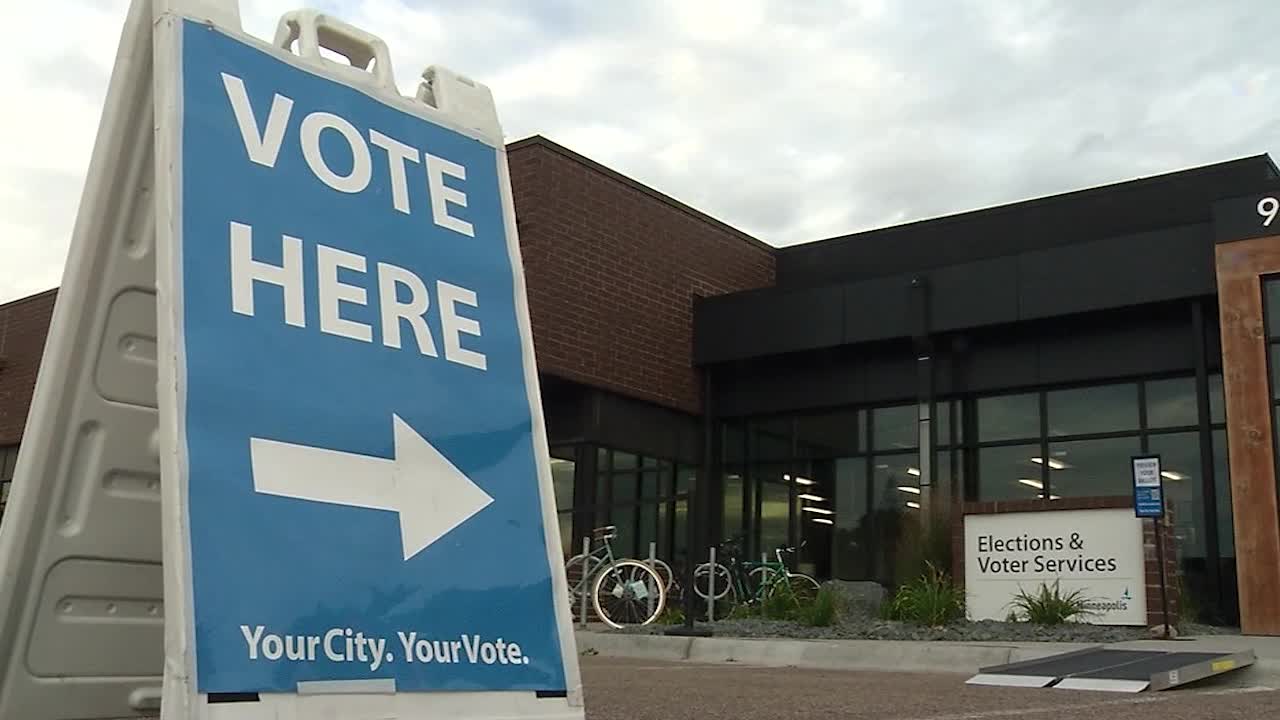Alaska Attorney General Treg Taylor this week issued new guidance on the discussion of gender in public schools and access to books related to sexuality in public and school libraries, drawing criticism from public education and library advocates who said the guidance does not solve any existing problems, and targets gender non-conforming Alaskans.
Taylor on Thursday issued a new interpretation of an existing state law that requires public schools to notify parents or guardians of any content involving “human reproduction” or “sexual matters.” Taylor’s interpretation expands the statute to include instruction related to “gender identity.”
The statute is meant to allow parents to opt their child out of instruction related to sexual education. The new interpretation will require teachers to also notify parents when they discuss gender identity, giving parents an opportunity to opt their child out of that content, as well.
“Gender identity coursework necessarily involves topics related to reproductive organs,” Taylor wrote in a letter to Education Commissioner Deena Bishop. “The purpose of the statute is to advance parents’ rights to be involved in the education of their child, which notice about gender identity coursework facilitates.”
The existing statute stems from a law adopted by the Alaska Legislature in 2016. Republican Gov. Mike Dunleavy, who was a member of the state Senate at the time, was a key supporter of the bill.
Dunleavy last year proposed a new bill that would further curtail instruction on sex and gender in public schools. The measure would have banned all sexual education before fourth grade and explicitly required students to obtain parental permission in order to participate in instruction on either sex or gender. It was widely seen as part of a larger push by conservative Republicans to target LGBTQ+ youths. The bill did not pass the House or Senate.
Senate Education Committee Chair Löki Tobin said Friday that Taylor’s guidance appears to circumvent the unpopular bill.
“It just seems like an escalation of ‘we don’t really care what the public wants or thinks — we’re going to rewrite the way that we all operate with no public input or feedback or engagement,’” said Tobin, an Anchorage Democrat.
Tobin said the guidance was “red meat” ahead of the 2024 election, and part of a “manufactured culture war.”
“Taylor knows, just like every Alaskan, that our House and Senate are almost completely matched between Republicans and Democrats, so it’s not an easy answer to have fixed legislatively,” said Tobin. “This just continues to throw fuel on a fire that one particular party seems to think is a winning election topic.”
This is not the first time that Taylor, a Republican chosen by Dunleavy as the state’s top attorney, has provided controversial legal analysis on the topic of gender. He previously provided analysis to the state human rights commission limiting the protections it provided to LGBTQ+ Alaskans.
[Human rights commission narrows workplace protections for transgender Alaskans in new guidelines]
Explaining the reason for his letter, Taylor said he had been “approached many times by concerned parents, community members, and members of school boards.” But Tobin said she had not received commentary on the topic in her role leading education-related policymaking in the state Senate.
“We get quite a bit of commentary in Senate Education,” said Tobin. “None have been on this topic.”
Lon Garrison, executive director of the Association of Alaska School Boards, said the association has “had no calls in particular about this or questions about board policy regarding this.”
“I think that it does occasionally come up, and it’s probably come up a little bit more in the recent few months of even the past year, but for the most part, no, it has not been an issue,” said Garrison.
Garrison said the attorney general’s communications are “another opportunity to communicate the administration’s view about issues like this.” He said the move was in line with the administration’s recent decision to limit the participation of transgender girls in girls’ high school sports, despite a lack of evidence that the participation had led to any issues, and despite opposition to a mirror effort in the Legislature.
“While they claim to be informing school districts, superintendents and school boards about the law — in actuality, school boards and superintendents are doing what they’re supposed to do,” said Garrison. “The way that it was presented, the way that it’s worded and its intention is to create a sense of intimidation.”
Anchorage School District spokesperson MJ Thim confirmed the district had received the letter from Taylor, in addition to a letter from Bishop, the state education commissioner.
“We plan to review it,” Thim said in an email. He did not respond to a list of questions, including on whether this would lead Anchorage teachers to change their curriculum or whether the district had received complaints about failing to provide notifications to parents about instruction on gender in the past. Thim also did not respond when asked whether the new guidance would impact the experience of gender non-conforming students in the district.
A question-and-answer page on the law department’s website states that the guidance “does not prohibit a school employee or volunteer from answering a question from a child about any topic,” including gender identity. However, in the letter to districts, Taylor wrote that school staff can provide only “succinct” answers to questions about gender that come up in school. Taylor said the requirement for parental consent applies to “any activity, class or program” and “can be triggered in any class such as English, social studies, and science, not just health class.”
Bishop said she had reached out to Taylor “on the scope of the parental notification law because it is important that school districts are consistently implementing the law.” Bishop said “at least one school district” did not have a policy in place for notifying parents under the existing law, and that parents “expressed concern” over not receiving notification before a school included content on gender identity. However, she said the department does “not formally track those complaints.”
Bishop said the attorney general’s guidance “will improve processes and policies for school districts” and “will ensure parental involvement, which has been shown to improve student outcomes.”
In a separate letter, Taylor warned school and public libraries against allowing children to access “books that have graphic depictions of sexual content.”
“You should conduct a review and take steps to assure that your organizations are not violating the law,” Taylor wrote in a letter to school and library directors, warning that giving children access to books that depict sexual acts could be classified as a felony offense.
In response to the letter, Anchorage Public Library spokesperson Misty Rose Nesvick said that the library “will continue to operate under the guidance of our current collection management policy and consult with the municipal department of law as needed.”
Garrison, with the school board association, said school boards already review materials that are approved for the library, “and if people have a challenge for that process … they have a way to talk to the school board about that.”
The idea that “schools and libraries are perpetrating something to entice minors into a situation that’s not healthy … isn’t a reasonable assumption,” Garrison said.
Rebecca Moorman, chair of the Alaska Library Association Intellectual Freedom Committee, said in an email that the attorney general had “jumped on the bandwagon of a national campaign,” referencing a broad effort by conservative parent groups to ban particular children’s books exploring racial and LGBTQ+ themes.
Moorman said Alaska libraries would not be required to remove books from their shelves in response to the attorney general’s letter, given that libraries’ existing review processes for books already provide an avenue for challenging particular titles.
The letter “is designed to have a chilling effect, and does not reflect the reality of how libraries work and what materials exist in libraries,” Moorman said.
Taylor’s letter also mentions that individuals who provide information about potential violations of law would be protected. Moorman said that “could absolutely foster a feeling of distrust among library workers. It also is designed to get librarians to self-censor, and not buy diverse books.”
[Mat-Su school district committee recommends removal of books, including one by Toni Morrison]
Taylor’s letter to libraries was posted on the same day that the American Civil Liberties Union of Alaska and the Northern Justice Project, an Anchorage civil rights firm, filed a lawsuit in federal court against the Matanuska-Susitna Borough School District over the removal of 56 books from school libraries. Many of the removed books include queer and racially diverse protagonists.
“The impact on minors would be limiting their ability to see themselves in stories, and more alarmingly, limiting their ability to learn about abuse. Sadly, it is through library books that some abuse victims learn that their experience is not all right,” Moorman said.

:quality(70)/cloudfront-us-east-1.images.arcpublishing.com/adn/HK6QWBN36ZGLVOID5FVX3VMJ44.jpg)




























